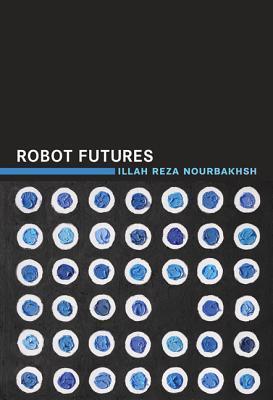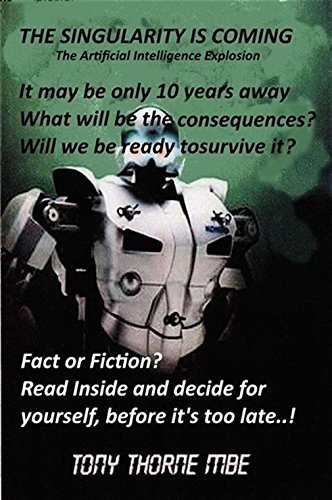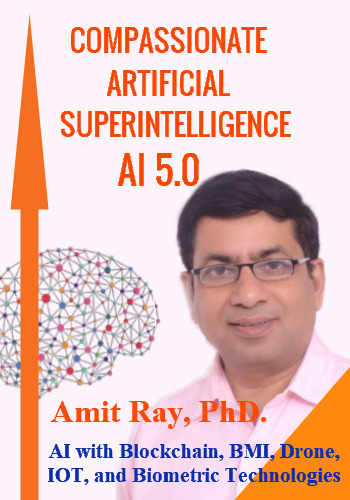
AI 2041: Ten Visions for Our Future
Book Description
What if the future is already here, hidden within the algorithms of tomorrow? In "AI 2041: Ten Visions for Our Future," Kai-Fu Lee delivers a gripping exploration of how artificial intelligence will reshape our lives, jobs, and societies in the next two decades. Through vivid narratives and thought-provoking essays, the book unveils the exhilarating yet daunting possibilities of a world transformed by groundbreaking technology. As AI revolutionizes healthcare, education, and even our personal relationships, it poses a critical question: Will humanity thrive alongside its most powerful invention or be eclipsed by it?
Quick Book Summary
"AI 2041: Ten Visions for Our Future" by Kai-Fu Lee blends gripping fictional narratives with accessible essays to demystify artificial intelligence and its imminent impact on humanity. The book is structured around ten short stories set across the globe in the year 2041, each followed by an analytical essay unpacking the underlying technology and societal changes. Lee explores how AI will revolutionize key aspects of human existence—healthcare, education, work, relationships, and social structures—while also confronting crucial questions about ethics, bias, and economic disruption. By pairing imaginative storytelling with thoughtful analysis, Lee presents both the exhilarating promise and the significant challenges posed by widespread AI adoption, prompting readers to envision a future where human values and AI progress must coexist.
Summary of Key Ideas
Table of Contents
AI’s Transformative Impact on Daily Life
Kai-Fu Lee opens "AI 2041" by illustrating how AI technologies will profoundly transform everyday experiences. Through vivid stories, the book reveals how smart systems will become seamlessly embedded in daily life, handling tasks from personalized healthcare diagnostics to tailored educational programs. The narratives envision a world where human decisions are augmented by intelligent agents, creating conveniences but also sparking new anxieties about privacy and dependency on machines.
Reimagining Work and Education in the AI Era
A major focus is the evolution of work and learning environments. As AI automates routine jobs, the stories explore the rise of new professions that demand creativity, empathy, and complex problem-solving—skills beyond AI’s reach. Lee examines how lifelong learning will be crucial in an AI-driven world, with intelligent educational tools adapting to individual students. The analysis underscores the need for societies to rethink traditional employment and education systems to fully harness AI’s benefits while mitigating displacement.
Ethical Dilemmas and Societal Shifts
The book tackles pressing ethical and societal challenges posed by AI. Lee’s commentaries delve into algorithmic bias, privacy concerns, and the risks of surveillance, urging proactive design of fair and transparent systems. He raises critical questions about the governance of AI, the dangers of superintelligent machines, and the moral responsibilities of both builders and users. These essays emphasize that AI’s societal impact will depend as much on human values as on technological capabilities.
Global Inequality and Economic Disruption
Another key theme is the impact of AI on inequality and economic structures. Lee analyzes how wealthy nations and tech giants may deepen global disparities through AI, leaving less-developed regions at risk of further marginalization. The stories illustrate scenarios ranging from utopian collaboration to dystopian divides, highlighting the role of regulation, international cooperation, and social safety nets in navigating these imbalances. Lee argues for inclusive AI development to ensure broader prosperity and opportunity.
Human-AI Collaboration and Coexistence
"AI 2041" ultimately envisions a future where humans and AI collaborate, not compete, aligning technology with our highest aspirations. Lee emphasizes human-AI synergy: machines excel at processing data, while humans bring context, ethics, and creativity. The narratives and essays together encourage readers to actively shape the development and application of AI, fostering a future where technological progress supports human flourishing instead of undermining it.
Download This Summary
Get a free PDF of this summary instantly — no email required.





